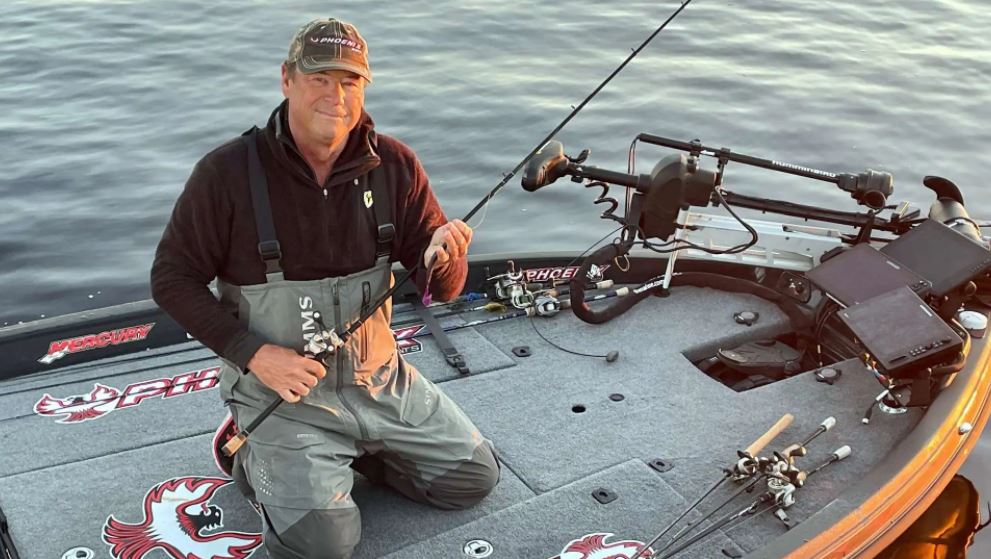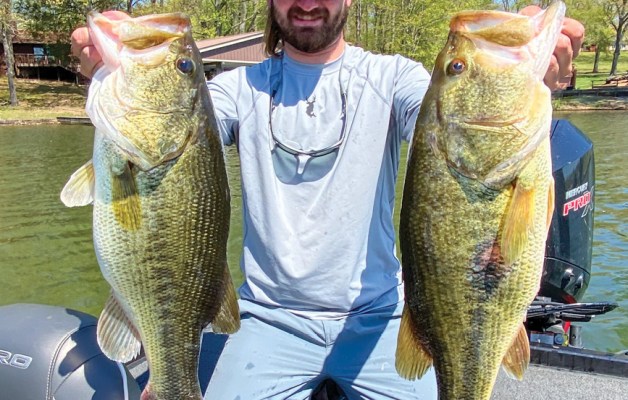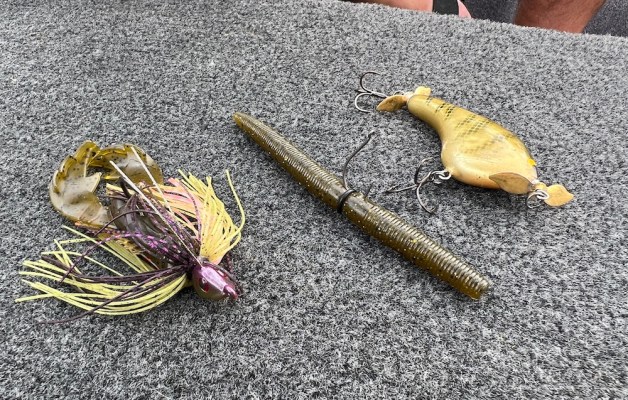
Making a long trip towing a boat to a fishing destination isn’t something to be taken lightly.
We all want to get there as quickly as we can, but we also want to do it without any unexpected consequences.
Believe me, I know. We put thousands of miles on our tow vehicles and boat trailers while traveling to Bassmaster Elite Series tournaments each year. It’s critical we do it as efficiently and as safely as possible.
Get in a hurry and you increase the odds of the road gremlins providing you those dreadful setbacks that lead to delays.
One of the most debated topics about long distance trailering is whether you should trailer with the boat cover. Some anglers argue they get better mileage without it, but that depends upon the cover and its fit.
If the cover isn’t designed for the boat, or doesn’t snug up around it, you’re going to get additional wind resistance that can adversely affect your gas mileage. When fitted properly, you won’t see much of a diminish in fuel economy.
Phoenix uses a custom, tight-fitting cover, so I trailer more with it on than I do without.
There are reasons for that. If it rains, your boat gets wet, but more importantly, the cover protects your graphs and seats from road grime and other debris that gets stirred along the road. And, if I stop to eat, it helps keep thieves honest.
It’s also wise to put your rods and reels in a boat locker or tow vehicle if you’re traveling far or down dirt roads. You’d be surprised by the amount of crud that can get into your reels while lying on the deck and how badly that affects their performance.
When I do stop, I feel my trailer hubs to make sure they aren’t overheating or oozing grease. I also check my tie downs and transom saver on the motor to make sure they’re still snug.
I make sure the bow is hooked securely, and the safety cable is connected as well. That safety cable is important, helping to keep the boat on the trailer in case you’re involved in an accident.
I also check my trailer lights periodically to make sure they are functioning, and I carry a spare taillight assembly. If you have an older boat, carry extra bulbs.
Tire pressure is another issue that anglers often overlook. If a tire gets low, it can affect fuel economy, and if too low, it will break down the sidewalls and cause a blowout.
In addition, check the tire pressure in your spare; you don’t want it flat if you need to make a change. Also, know ahead of time how to get the spare off the trailer. Some spares on bass boats have security locking mechanisms, and if you don’t have the proper accessories, you may not get it off.
While some of these common sense tips may seem simple, they’re necessary and can be easily forgotten when your mind is preoccupied with getting to the lake and hookin’ up with a big bass.





